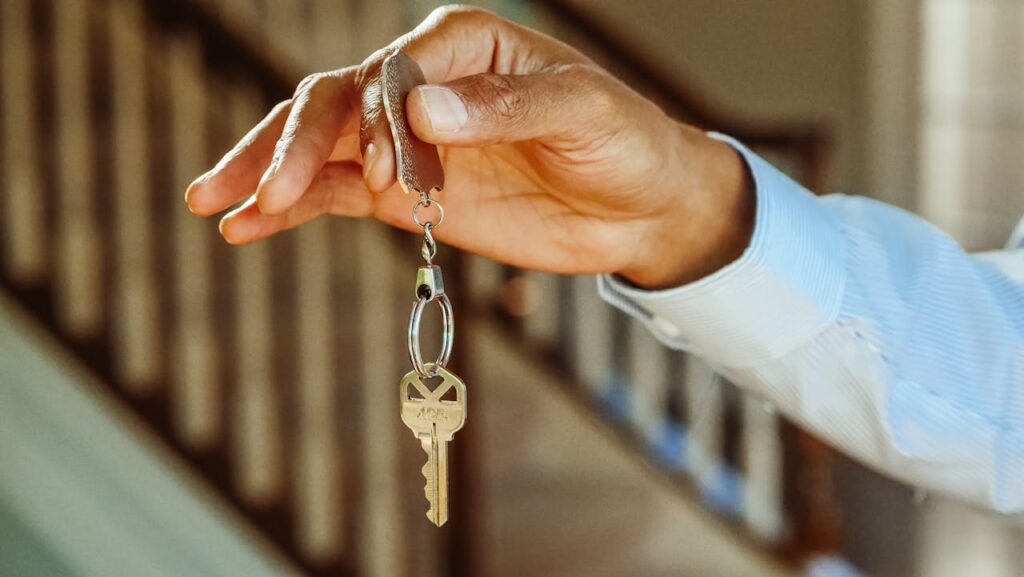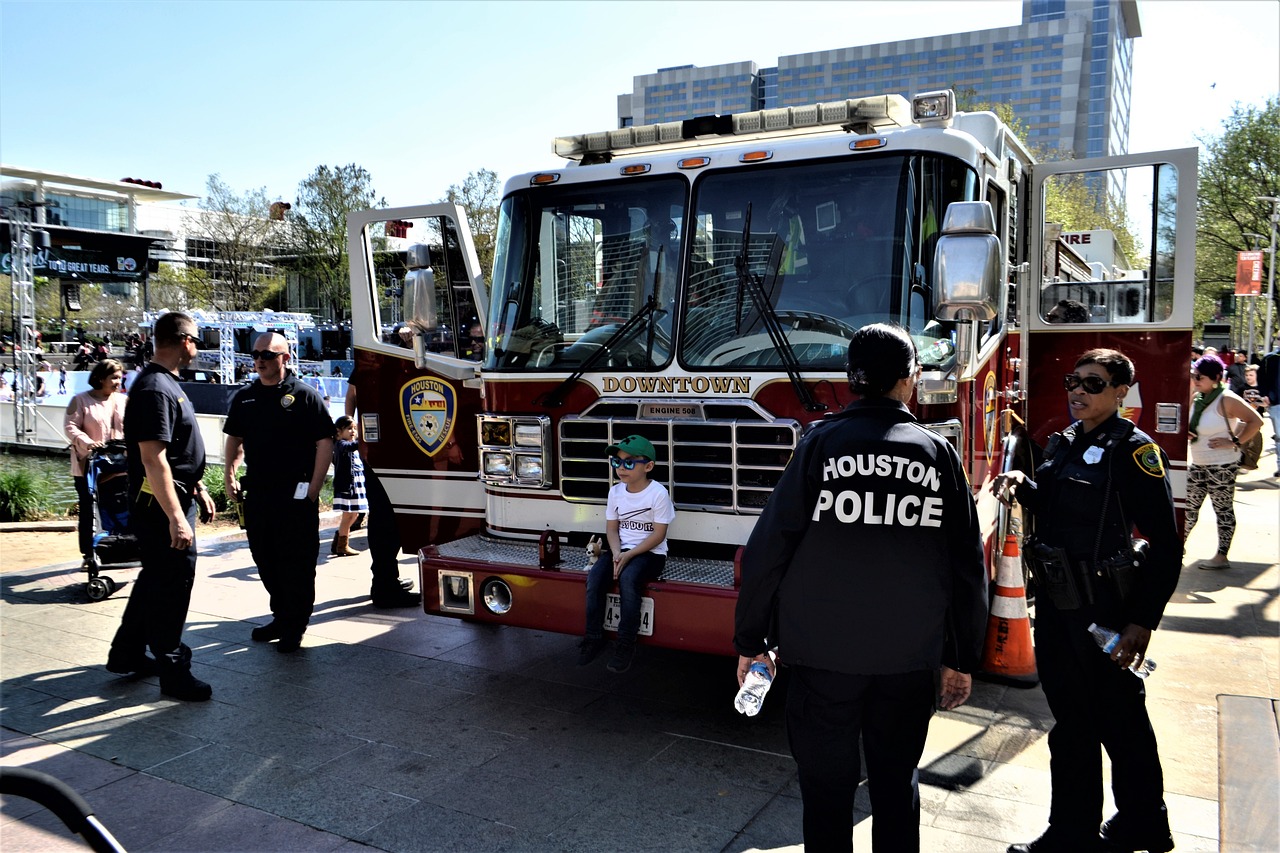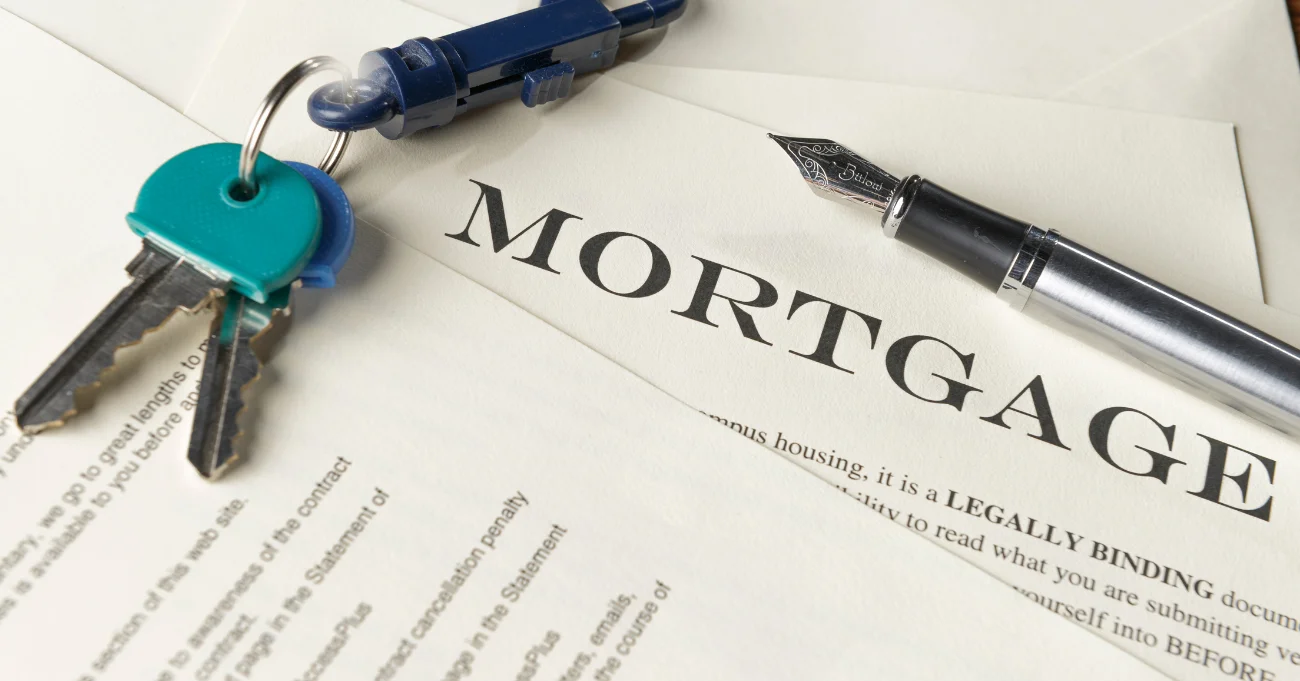An Everyday Hero’s Guide to Navigating First Responder Home Loans With Confidence
According to the Bureau of Labor Statistics, the highest paying first responder occupations were the two types of first-line supervisors: first-line supervisors of police and detectives, with an annual mean wage of $99,410, and first-line supervisors of firefighting and prevention workers, who earned $84,810 per year.
However, many first responder gigs (like firefighting) are only part-time, and this puts a host of first responders at a loss when it comes to buying a home. Traditional lenders are only interested in W-2s, tax returns, and pay stubs – and for those part-time first responders among us, “traditional income” just doesn’t add up enough to buy a home, even if you have a thriving side gig to go along with it.
Defy Mortgage was designed to help the self-employed, freelancers, and business owners qualify for a mortgage whether it be to purchase or refinance a residential property.
What Is a First Responder Home Loan?
A first responder home loan is a mortgage program designed specifically to help firefighters, police officers, paramedics, and other essential workers buy a home.
Who Qualifies as a First Responder?
- EMTs (emergency medical technicians) and paramedics
- Firefighters
- Law enforcement officers (e.g. police officers, state troopers, sheriffs, etc.)
- Other individuals who respond to fire, medical, hazardous material, or other similar emergencies as part of his or her professional duties

Loan Options for First Responders
There are many loan options for first responders, and they include some fantastic benefits:
- Lower interest rates: This can save you thousands of dollars over the life of the loan.
- Reduced closing costs: This can make the upfront cost of buying a home more affordable.
- Down payment assistance: Some programs can help you come up with the down payment, which can be a major hurdle for many first-time homebuyers.
- More flexible eligibility requirements: This may allow you to qualify for a loan even if you don’t have perfect credit or a high income.
Some communities offer programs like “Good Neighbor Next Door” which can significantly reduce the purchase price of a home in designated revitalization areas for firefighters, police officers, and other essential workers.
Additionally, organizations like Homes for Heroes help first responders achieve homeownership by connecting them with lenders who offer reduced fees and other benefits like their Hero Rewards program.
Another potential option is the proposed HELPER Act. The HELPER Act, if passed, could introduce a significant benefit for first responders. Similar to existing programs for veterans and rural homebuyers (VA loans and USDA loans), it proposes offering zero-down-payment mortgages for eligible first responders.
Non-QM Loans
Non-QM loans, “non-qualified mortgages,” offer an alternative path to homeownership for borrowers who might not meet the traditional guidelines set by the Consumer Financial Protection Bureau (CFPB). These loans come with more flexibility in qualifying, as non-QM lenders establish their own criteria and terms, more lending options for those who can’t show tax returns or W2s, more flexible underwriting standards and faster pre-approval times.
At Defy, this means that – if you work as a first responder but are having trouble qualifying for a property, we may be able to help. Plenty of first responders work part-time, and there aren’t enough lenders out there who recognize the profitability of side gigs (especially when you claim deductions on your taxes). As a result, this leaves thousands of first responders without options for home loans.
- Bank Statement Loans: Bank statement loans are a type of mortgage designed specifically for borrowers who can’t qualify for traditional home loans based on tax returns and pay stubs. This often applies to self-employed individuals, freelancers, or those with income that fluctuates – like first responders who only work part-time (or part of the year).
- Interest-Only Mortgages: interest-only loans are mortgages with lower monthly payments for a set period, as you only pay the interest accrued, not the principal amount.
Conventional Loans
Pros
- Flexibility: Conventional loans offer more flexibility in terms of down payment (as low as 3% with private mortgage insurance) and loan terms (various fixed-rate options) compared to some government-backed programs.
- Higher Loan Limits: Conventional loans typically have higher loan limits than FHA or USDA loans, allowing you to potentially borrow more for your dream home.
- No Occupancy Restrictions: Unlike some programs, you can use a conventional loan to purchase a second home or investment property, and there are no residency requirements.
- Competitive Rates (potentially): While not guaranteed, with strong credit and financial profile, you may qualify for a lower interest rate on a conventional loan compared to some government-backed options.
Cons
- Loan Limits: Government loans often have lower loan limits compared to conventional loans, which can restrict the purchase price of your desired home.
- Mortgage Insurance: While FHA loans don’t require PMI upfront, you will pay mortgage insurance premiums throughout the life of the loan. VA loans avoid PMI but have a funding fee.
- Stricter Property Requirements: Government-backed loans may have stricter requirements for the property itself compared to conventional loans.
- Wait Times: Processing times for government loans can sometimes be longer than for conventional loans.

Government-Backed Loans
Pros
- Easier Qualification: Government-backed loans like FHA and VA loans often have more lenient credit score requirements and debt-to-income ratio limits compared to conventional loans. This can be helpful for first responders who may have high student loans or other debts.
- Lower Down Payments: These programs typically allow for lower down payments (often as low as 0% for VA loans) making homeownership more accessible.
- Repayment Assistance: VA loans offer features like no private mortgage insurance (PMI) and the potential for loan modification in case of hardship. FHA loans may also offer some repayment flexibility.
- Reduced Closing Costs: Some government loan programs offer programs to help with closing costs, further reducing the upfront financial burden.
Cons
- Loan Limits: Government loans often have lower loan limits compared to conventional loans, which can restrict the purchase price of your desired home.
- Mortgage Insurance: While FHA loans don’t require PMI upfront, you will pay mortgage insurance premiums throughout the life of the loan. VA loans avoid PMI but have a funding fee.
- Stricter Property Requirements: Government-backed loans may have stricter requirements for the property itself compared to conventional loans.
- Wait Times: Processing times for government loans can sometimes be longer than for conventional loans.
Tips for Qualifying for a First Responder Home Loan
General Loan Requirements
As with any loan, general identifying documentation is required: state-issued ID, social security number, etc. A strong credit score is highly recommended as well.
Saving for a down payment is also a great idea. This reduces the loan amount you need to borrow and shows the lender you have some “skin in the game.” The down payment requirement varies by loan type.
However, it can be nearly impossible for those with irregular work schedules to qualify for a traditional loan, especially with housing prices at all-time-highs. Non-QM loans are a fantastic option for those who only work as a first responder part of the year and have a side gig for the rest of the year.
Traditional lenders are quick to reject freelancers and the self-employed, but Defy recognizes that the digital economy is built on this type of work – so we offer loan options like bank statement loans and interest only loans – that can help.
Navigating the Application Process With a Busy Schedule
Being a first responder, your days are likely filled with unpredictable emergencies and long shifts. It can often feel overwhelming to even try to find the time to squeeze in long meetings for a mortgage application into your already busy day. The good news is, many lenders are willing to work with you around your busy schedule and some even have streamlined processes to save you valuable time.
Defy understands the unique challenges faced by first responders and we operate with a more flexible approach – prioritizing communication via email and phone calls to minimize interruptions to your workday. Additionally, consider getting pre-approved since this will provide you a clear picture of how much you can borrow and shorten the application process significantly when you find the perfect home. This way, you can focus on your critical job duties while we take care of the legwork behind the scenes.

How to Find the Right Lender
Finding the right lender for your first responder home loan will require a bit of research to get a good understanding of your options. Consider going beyond traditional banks and explore loan options with private mortgage lenders. These lenders can often offer more flexibility with qualification requirements, especially if they offer non-QM loans (non-qualified mortgages). Non-QM loans cater to borrowers who may not meet the strict criteria of conventional loans because of fluctuating income or a higher debt-to-income ratio.
To ensure you’re making an informed decision, it’s important to educate yourself on the different loan options available to first responders. Read mortgage blogs on different loan types, explore resources from reputable websites, and don’t hesitate to ask questions if you’re ever unsure of anything – most lenders will be happy to answer any questions you have.
Mortgages for First Responders FAQs:
- Who qualifies as a first responder?
The term “first responder” covers a wide variety of jobs, including:
- EMTs (emergency medical technicians) and paramedics
- Firefighters
- Law enforcement officers (e.g. police officers, state troopers, sheriffs, etc.)
- Other individuals who respond to fire, medical, hazardous material, or other similar emergencies as part of his or her professional duties
- What type of home loans can I qualify for as a first responder?
There are various home loan options for first responders, including non-QM loans (non-qualified mortgages), conventional loans, FHA loans, and VA loans. Non-QM loans provide flexibility in comparison to these other loan options for first responders with unique situations.
- What’s the best mortgage option for first responders?
There’s no single “best” mortgage option for first responders since it depends on each person’s individual situation. When shopping for a first responder home loan, consider factors like interest rates, down payment requirements, and your financial goals.
- Is it hard to qualify for a mortgage as a first responder?
No, qualifying for a first responder home loan isn’t necessarily hard. It’s all about finding the right loan fit for you and ensuring that your credit score and income help boost your application.
- What documents will I need to apply for a first responder home loan?
The documents you’ll need to apply for a first responder home loan will depend on the type of loan you choose. For example, if you decide to go with a bank statement loan, you’ll need to provide the lender with copies of your most recent bank statements. On the other hand, if you apply for a conventional loan, you’ll have to provide traditional income documents (W2s, pay stubs, and tax returns), along with information about your assets and debt.
- What credit score do I need to qualify for a first responder home loan?
The exact minimum credit score you need to qualify for a first responder home loan depends on the loan you decide to get and the lender. Overall, you should aim for a credit score of 620 or above to open up your options and secure more favorable loan terms.
- Can I get a first responder home loan without a down payment?
No, almost all first responder home loans will require a down payment. However, there are certain programs that offer down payment assistance for first responders.
- Where can I get a home loan as a first responder?
First responder home loans are available from a wide variety of lenders, including banks, credit unions, and private mortgage lenders. When shopping around for a mortgage, consider reaching out to a private mortgage lender, like Defy, for more flexible qualification requirements and terms for first responders.




